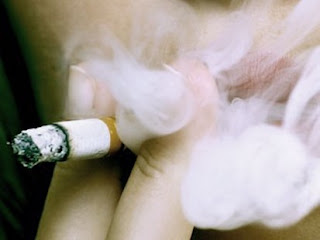
Nine tobacco checks in Alva and Woodward were completed with 100% compliance rate for the third consecutive quarter. Youth volunteers and staff from Northwest Center for Behavioral Health Regional Prevention Coordinator (formerly the Area Prevention Resource Center) recently conducted Reward Reminder Visits in northwest Oklahoma communities.
Checks were done in the communities of Alva, Waynoka, Mooreland and Woodward on September 23rd. Clerks in all of the stores visited verified the age of the youth volunteer, and did not sell tobacco products to them.
Reward Reminder Visits are also referred to as Tobacco Compliance Checks. These are visits that are conducted at retailers that sell tobacco, to ensure that tobacco is not being sold to minors.
The Regional Prevention Coordinator conducts random tobacco checks where tobacco products are sold, utilizing a youth volunteer who is under 18 years of age. During these checks the minor is accompanied into the store where he or she attempts to purchase a tobacco product.
If the clerk proceeds to attempt to sell the minor, the RPC staff person informs them that they are illegally selling tobacco to a youth who is underage. If the clerk requests an ID and refuses a sale, they are praised by the staff member and given a card thanking them for not selling to a minor.
In either case, the clerk is required to fill out an information sheet and the store’s manager is then notified by letter whether the clerk did or did not sell tobacco.
The Reward Reminder Visits do not have the legal implications that the Oklahoma Alcoholic Beverage Laws Enforcement Commission has, but rather could be viewed as a “trial run” for ABLE Agents, who regularly conduct their own tobacco checks.
The information gathered by the RPC staff during these checks is reported to the Oklahoma Department of Mental Health & Substance Abuse Services Prevention Services, who works closely with the ABLE Commission.









